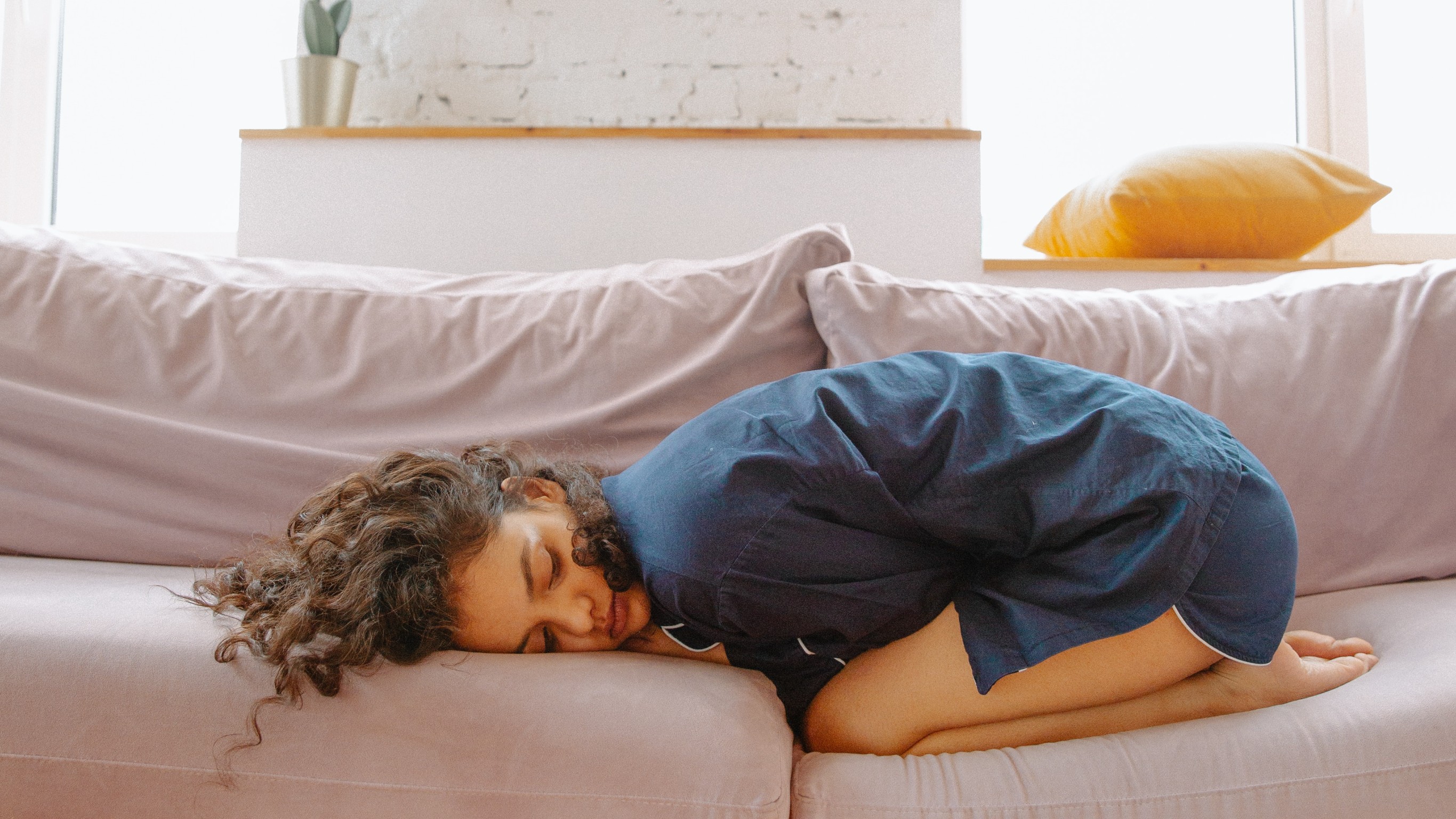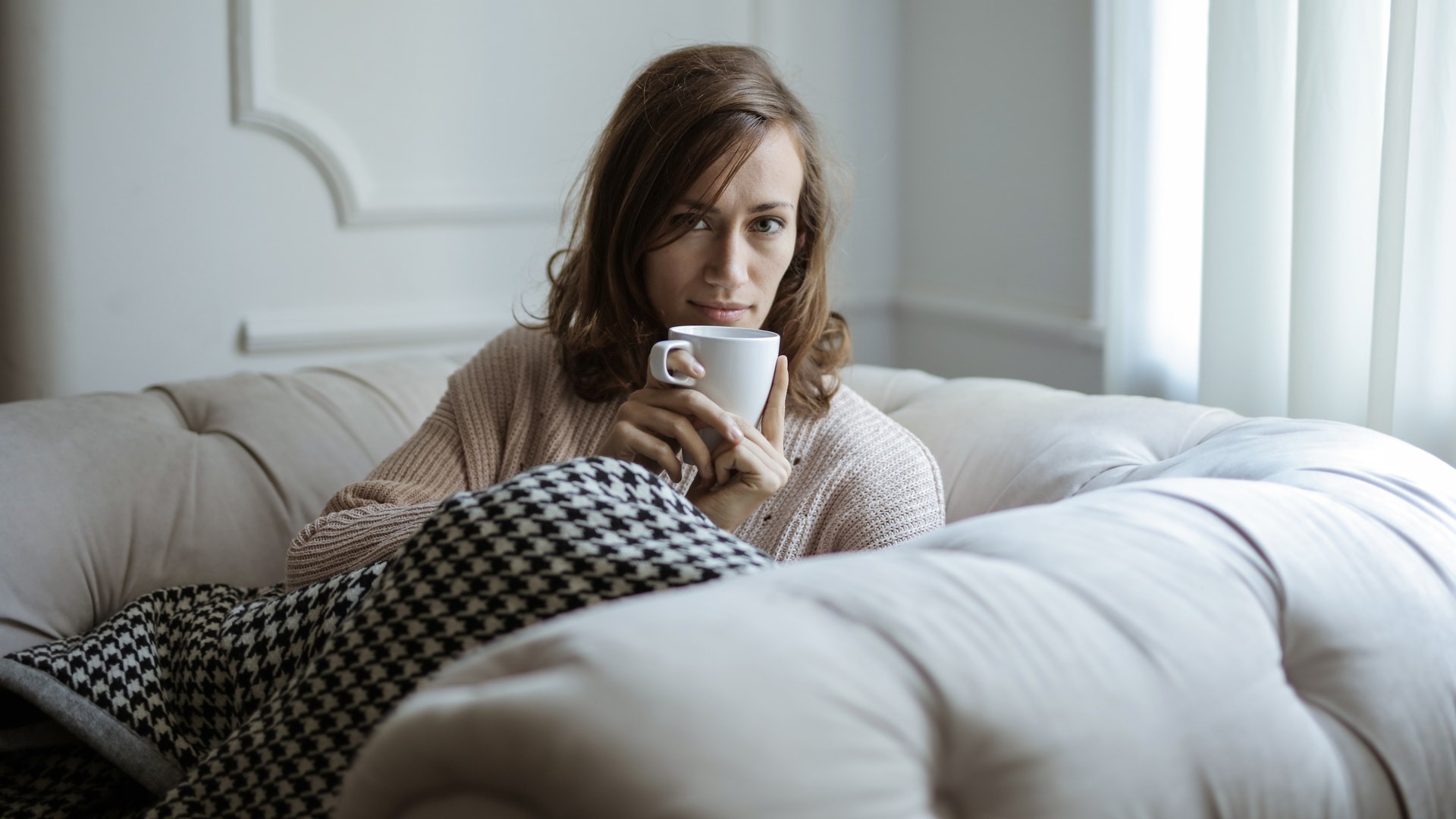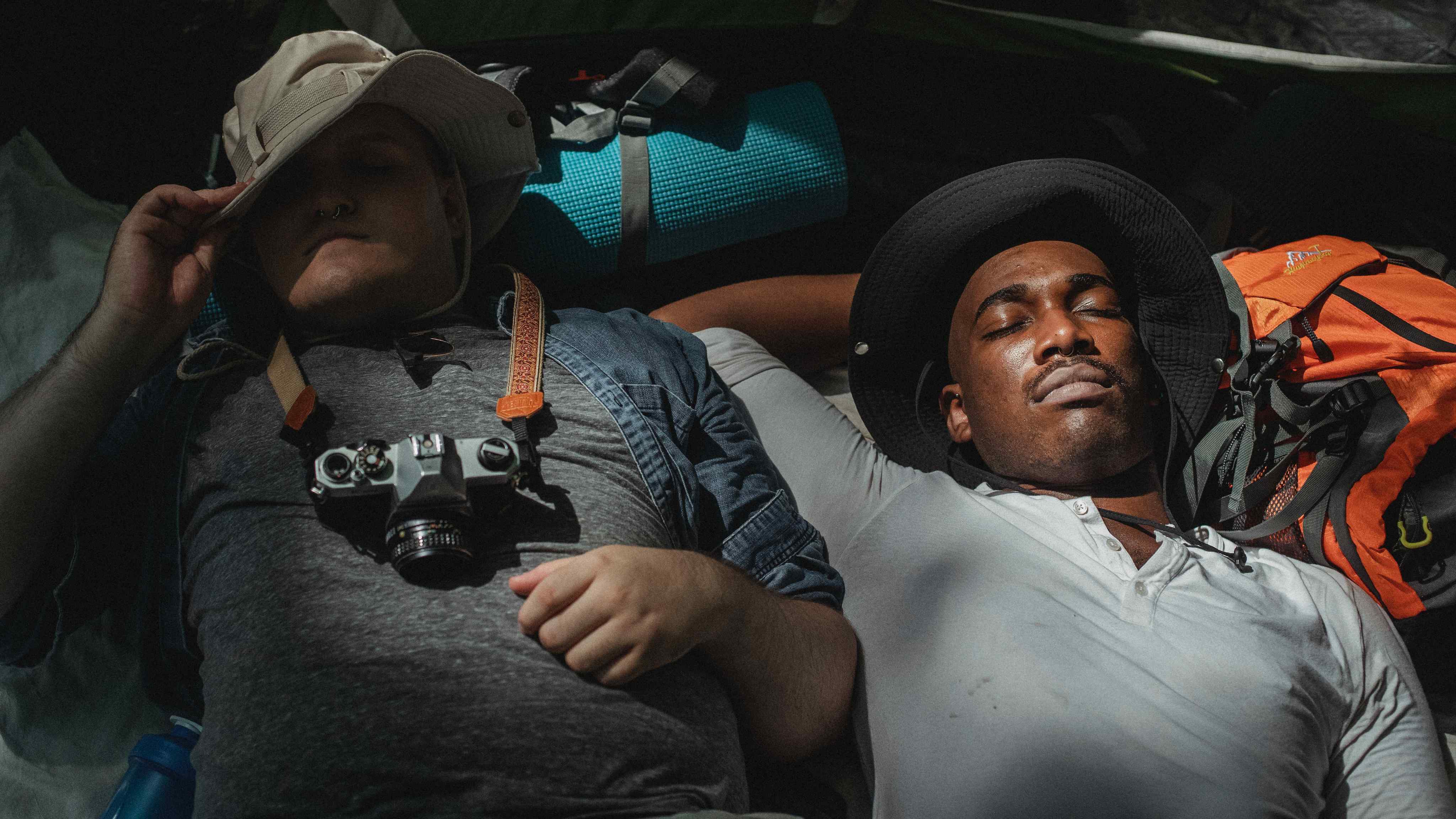How long should you nap for?
Mistime your daytime doze and you'll end up groggier than before; here's how long you should really nap for, to achieve that vital shot of energy

We all need a nap once in a while. But how long should you nap for? Turns out that if you nap for too little or too much time, it can actually make things worse. The consensus amongst sleep experts is that the ideal nap for most people is 10-20 minutes. This is based on both an understanding of how sleep cycles work and evidence-based research.
For example, in this study in the academic journal Sleep, people were evaluated after they took five, 10, 20, and 30 minute naps. Those who napped for 10 or 20 minutes reported the biggest benefits; while those who napped for longer experienced similar benefits, but only after about half an hour of feeling groggy. Those who napped for five minutes, in turn, reported few benefits compared with the control group, who didn’t take a nap.
- Invest in the best mattress to help you sleep better at night
- One of the best weighted blankets could transform your nap
From NREM to REM
These results make sense, because of the way our sleep is made up of four main stages. The first two stages are light and easy to wake up from. Once you enter the third stage, your brain and body fall into a much more profound level of inactivity, and so you’re much more disoriented and drained if you wake up in the middle of it. The final stage of the cycle, REM sleep, takes place about 90 minutes in, and is where most of our dreaming takes place.
If you nap for more than 20 minutes, you’re most likely to be in the third stage when you wake, which explains the grogginess that people in the study described. So the simple answer to the question 'how long should you nap for?' is 10-20 minutes. This is when you’ll be in the earlier two stages, and will wake feeling more refreshed and energised as a result. (This is why it's known as “power napping”.)
Tips for successful napping

In practice, timing a nap right is very much something you learn on a trial and error basis. It helps if you create the right environment, in the form of a quiet, dark and comfortable space. If that’s difficult in practice, an eye mask and ear plugs, or even a white noise machine can help.
You also need to discipline your mind not to worry about getting off to sleep. Whether you succeed or not is less important than the fact that you give your body and mind time to unwind. Strategies such as mindfulness can help here: try these tips for how to fall asleep quickly as a starting point.
If you regularly consume coffee, one approach – which sounds counter-intuitive but really does work – is to drink one just before you nap. That’s because the caffeine takes about 15-20 minutes to start working, so you’ll feel energised just at the point you wake up.
Get all the latest news, reviews, deals and buying guides on gorgeous tech, home and active products from the T3 experts
Just as important as the question 'how long should you nap for' is 'when should you nap?'. On the whole, it's believed the best time is before 2pm. Naps taken later than that will send you into deep sleep more quickly, making you less likely to wake refreshed, and you’ll also find it more difficult to sleep properly later on at night.
Why napping is not a lifestyle choice

The question 'How long should you nap for' should also be accompanied by the question of whether you should be napping at all.
On the one hand, napping is a useful stop-gap when you’re unable to get a full night’s sleep, such as if you’re coping with newborn baby, you’re working funny shifts, or you're travelling abroad. And sometimes, even in the absence of such reasons, you’re just really tired and a nap can be a big help.
On the other hand, daytime napping shouldn’t become a habit, as it can disrupt your natural circadian rhythms and make it harder to get good, consistent sleep at night. We all need a healthy sleep routine and, as this NHS guidance puts it, “Going to bed and getting up at roughly the same time is much better during insomnia than trying to catch up on lost sleep [by] napping at odd times of the day.”
- Pick up a cheap mattress deal here
- Check on your sleep habits with one of the best sleep trackers
- Stay just the right temperature with one of the best mattress cooling pads

Tom May is a freelance writer and author of the book, Great Ted Talks: Creativity. He has been editor of Professional Photography magazine, associate editor at Creative Bloq, and deputy editor at net magazine. He has also worked for a wide range of mainstream titles including Radio Times, NME, Heat, Company and Bella.
